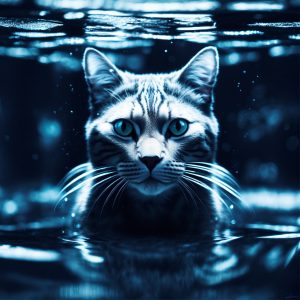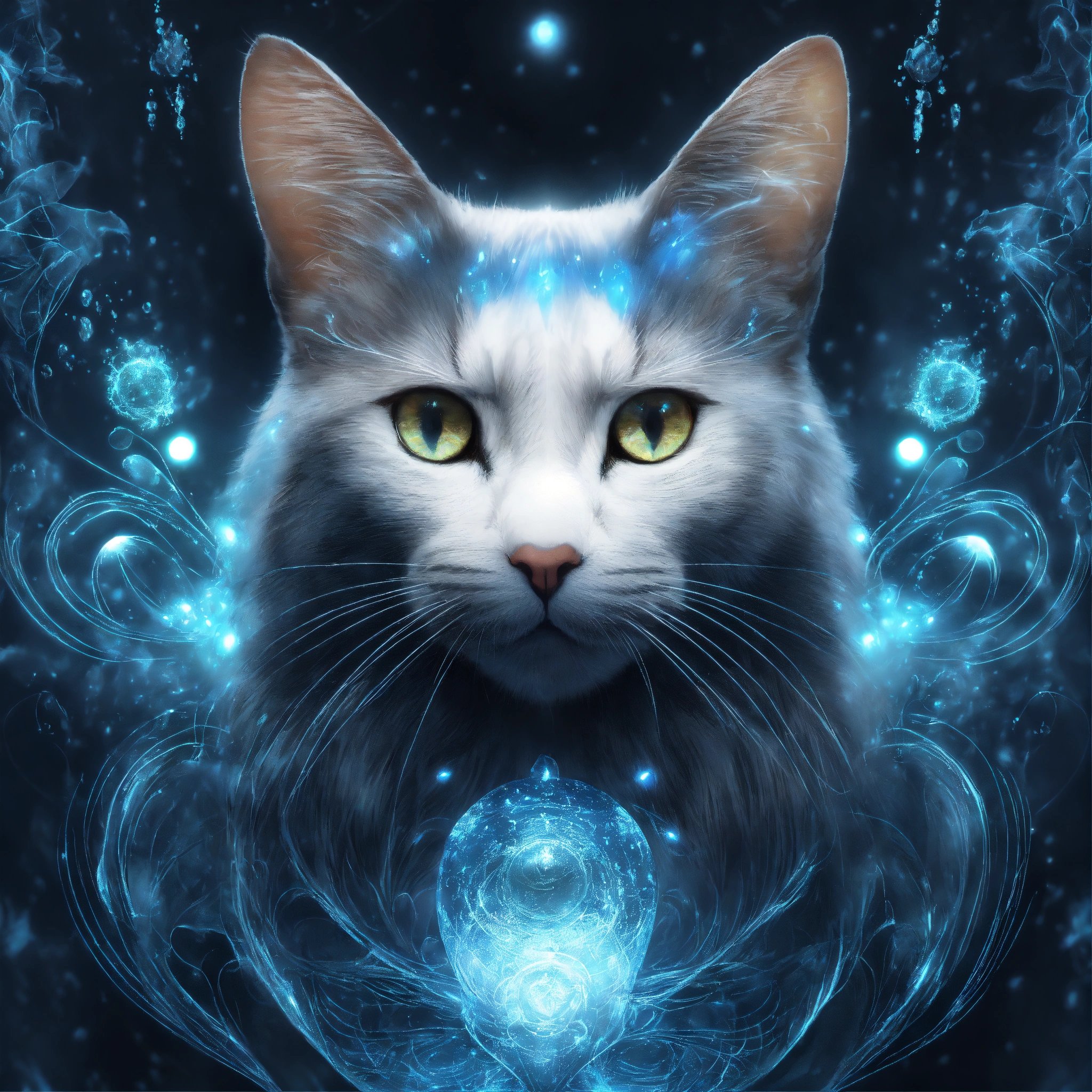[lwptoc numeration=”decimalnested”]
Discover the intriguing reasons behind cats’ reluctance to drink water. Uncover essential insights into feline behavior and health. Read on to ensure your furry friend stays hydrated and happy.
Cats, those mysterious and independent creatures, often leave us puzzled with their behaviors. One common conundrum that cat owners face is the apparent aversion of their feline friends to water. In this article, we’ll delve into the reasons why cats don’t drink water as willingly as we might expect and explore ways to encourage hydration for a healthier, happier kitty.
To understand cats’ water-drinking habits, we must turn to their wild ancestors. Unlike dogs, whose domestication has made them more accepting of water bowls, cats’ ancestors thrived in arid environments. This evolutionary history contributes to their instinctual behavior of seeking moisture from their prey rather than a water dish.
Sensitive Whiskers and Water Bowls
Cats are known for their highly sensitive whiskers. Traditional water bowls may irritate them, making the drinking experience less appealing. Opting for wider, shallower bowls can address this sensitivity, encouraging your cat to drink more comfortably.
The Role of Diet
Diet plays a crucial role in feline hydration. Cats that consume dry kibble alone might not feel the need to drink as much water, as their bodies derive moisture from the food. Introducing wet food to their diet can supplement their water intake and promote overall hydration.
Fresh Water Appeal
Cats, like many creatures, appreciate freshness. Stagnant water in a bowl may turn off your feline friend. Regularly changing the water and providing a clean bowl can make a significant difference in enticing your cat to drink.
Health Concerns Dental Issues and Water Intake
Dental problems can hinder a cat’s willingness to drink water. Painful teeth or gums may make the act uncomfortable. Regular veterinary check-ups and dental care can address these issues, ensuring your cat’s drinking habits aren’t impacted by oral discomfort.
Kidney Health and Hydration
Kidney issues are prevalent in aging cats and can affect their water intake. Monitoring your cat’s kidney health and consulting with your veterinarian on a suitable hydration strategy becomes crucial as your cat ages.
Encouraging Hydration.
Cat-Friendly Water Alternatives
Considering alternative sources of hydration can be beneficial. Some cats enjoy cat fountains, mimicking the flow of a stream, which can be more appealing than stagnant water. Experimenting with ice cubes or flavored ice chips can also add an element of excitement to their drinking routine.
Interactive Play and Hydration
Incorporating water into playtime can be a game-changer. Some cats are drawn to moving water, so introducing toys that dispense water or placing water near their favorite play area can encourage increased water consumption.
Understanding why cats don’t drink water as expected involves unraveling their evolutionary history, addressing diet-related factors, and being vigilant about their health. By adopting cat-friendly practices and remaining attuned to their preferences, you can ensure your feline companion stays hydrated and content. Remember, each cat is unique, so finding the right approach may require a bit of feline-friendly experimentation.
Maintaining Hydration Habits Hydration as a Daily Ritual
Establishing a Routine
Cats thrive on routine, and establishing a regular hydration routine can make a substantial difference. Offering water at specific times, such as after meals or play sessions, conditions your cat to associate hydration with positive experiences.
Mixing Water with Wet Food
If your feline friend is still hesitant about drinking water, consider mixing a bit of water with their wet food. This not only increases their fluid intake but also introduces the concept of water as part of their overall diet.
Environmental Factors
The location of the water bowl can influence whether your cat chooses to drink. Cats prefer quiet, safe spaces. Placing the water bowl away from the litter box and in a serene area can make it more inviting for your cat.
Multiple Water Stations
Having water available in various parts of your home can encourage hydration. Cats may not want to venture too far for a drink, so having water stations in different rooms provides convenience and accessibility.
Nurturing Healthy Hydration Habits
In unraveling the mystery of why cats don’t drink water, we’ve discovered a combination of instinctual, dietary, and health-related factors. By understanding these aspects, we empower ourselves to create an environment that fosters healthy hydration habits for our feline companions.

Adopting a holistic approach, including a suitable diet, a consistent routine, and environmental considerations, can significantly impact your cat’s water consumption. Regular veterinary check-ups and a keen awareness of your cat’s preferences will ensure you’re providing the best care possible.
Remember, patience is key. Cats may take time to adjust to changes in their routine or environment. By making hydration a positive and enjoyable experience, you’ll be well on your way to keeping your cat happy, healthy, and well-hydrated.
Why Do Cats Scream When Mating?
Why Do Street Dogs Bark at Night? Unveiling the Canine Communication
Super Pet Total Health by Meaningful Tree

